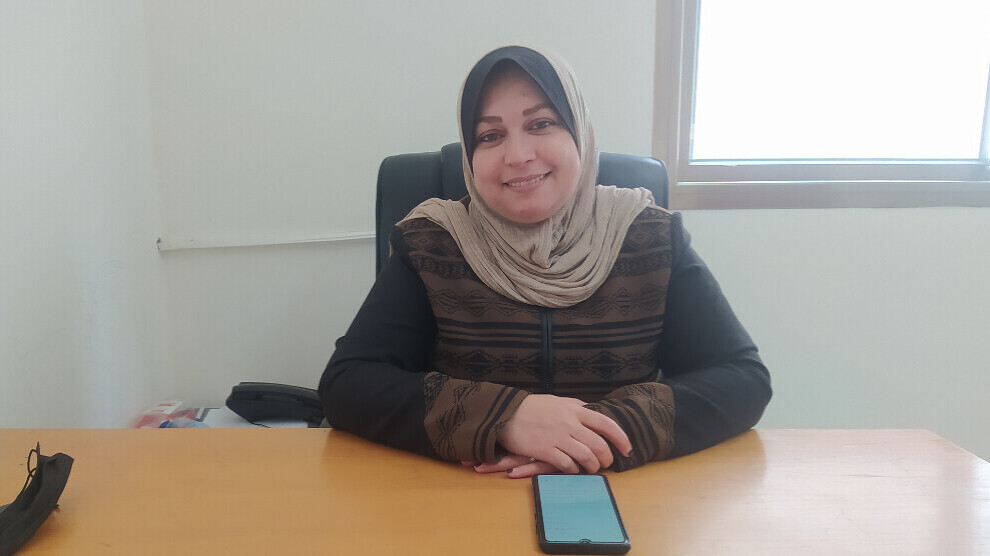“Disabled women and girls are ignored”
There are more than 35,000 people with disabilities in the Gaza Strip and about 25,000 of them are women and girls.

NEXEM KARACA
Gaza - Women and girls with disabilities face many obstacles that prevent their effective participation in public life, and suffer from challenges and rights violations. Most of their families see them as a burden.
According to the Palestinian Disability law, persons with disabilities have equal rights just like other citizens and they should be protected against violence and abuse. The state shall prohibit all discrimination on the basis of disability and guarantee to persons with disabilities equal and effective legal protection. There are more than 35,000 people with disabilities in the Gaza Strip and about 25,000 of them are women and girls, according to the report released by the Palestine Ministry of Social Affairs.
Domestic violence
Psychologist Suad Abu Dhalfa says persons with disabilities physically need the help of others to maintain their lives. “There are many types of disabilities. Many people suffer from auditory, visual, physical, and cognitive disabilities. People with disabilities are less unlucky than others in terms of health and education. They are deprived of most of their rights, and they are more vulnerable to violence, particularly girls and women. Most women and girls with disabilities are subjected to domestic violence and marginalization. They are ignored. Most of the people with disabilities are subjected to violence by their family members,” she told us.
Emphasizing that they have received many applications about sexual harassment of people with disabilities, Suad Abu Dhalfa told us about one of these cases, “An 18-year-old girl was sexually abused by her father. Their neighbors heard the screams of the girl and reported the incident to the police. But police told them that it was a family problem and they couldn’t do anything.”
Awareness-raising campaigns
Suad Abu Dhalfa stressed that “awareness-raising and rehabilitation campaigns must be launched for girls with disabilities, as well as for their families, on how to deal with and take care of them. “The media has a great role to raise awareness of the public,” she said.
Abeer Al-Herkali is a young woman with disabilities. “My disability did not make me weak. In the beginning, I faced many challenges. I received support and training courses at the Women's Affairs Center until I became a secretary there. Like other women and girls with disabilities, I have also taken most of my rights, including my right to work,” she told us.
22-year-old M.S. suffers from a developmental delay. “I suffered a lot because of my disability, which was seen as a burden by my family. I used to spend hours in my room without talking to anyone. I found nothing but neglect. My father locked me in an isolated room because he thought my disability was a shame for the family. But I could not bear the situation and began to scream. Our neighbors heard my screams and reported my situation to the authorities. They saved me from there. If they didn’t save me, I would probably die there.”
